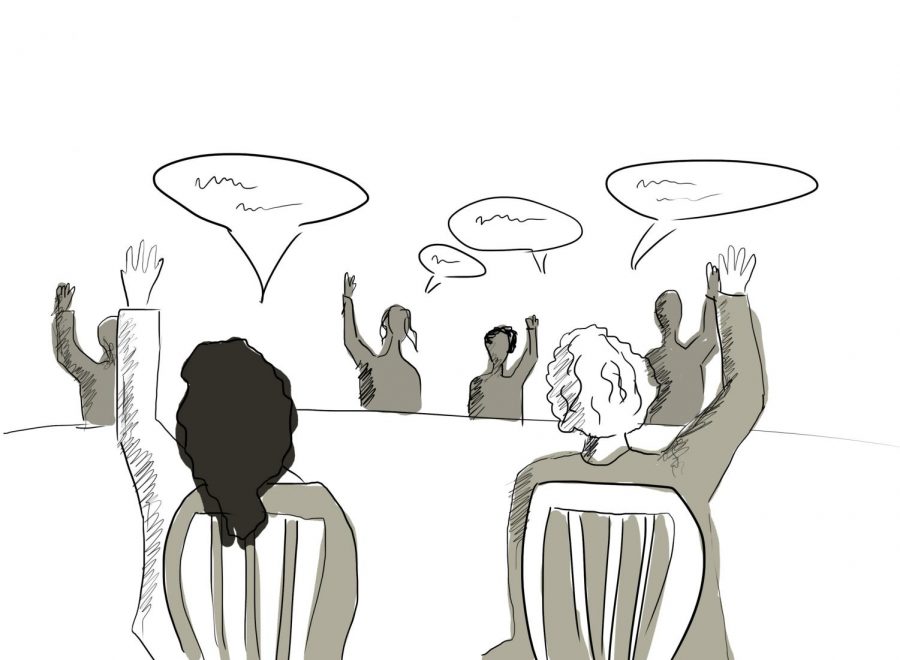Vulnerability in the classroom
November 21, 2019
At Whitman, and in academic or professional spaces more broadly, we are often asked to prioritize analytical and objective modes of thinking. We cite our sources, engage with texts and read studies about all kinds of subjects, but we are seldom asked to connect our experiences to what we are learning in class. We are generally expected to ignore our experiential knowledge for the sake of unbiased and factually-based discussions.
Academic spaces are rarely equipped for the sharing of personal experience. We do not talk about how these spaces should function for a diverse group of students, so even classes that necessitate more personal conversations usually fall short in creating a welcoming yet challenging environment. The standard class format allows us to distance ourselves from our subjects; other times, it ignores or minimizes the personal relationships we may have with what we are studying.
We could gain valuable educational insight from the stories of others, but we are limited in the kind of knowledge we are allowed to bring into academic spaces. If our opinions are not directly supported by an article, book, textbook, study or experiment, they are all but discounted. Most of us have not been trained or encouraged to incorporate our personal experience into our studies, so doing so feels unnatural and awkward.
For example, I am from Tennessee, so when the Appalachian region is brought up in class, I have a unique and nuanced interaction with the material. When I address these connections, I feel vulnerable and sometimes uncomfortable, as though my background is not a valid basis of knowledge from which to form my opinions. I am sure we have all experienced these moments, either as a speaker or a listener. These kinds of individual connections should be nurtured and fostered in our classes, but they are often met with dismissal or confusion.
To achieve an academic environment conducive to this kind of sharing, two things need to happen: intimate conversations need to be made more acceptable in the classroom, and an in-class infrastructure needs to be created to allow these conversations to thrive. These solutions would require us to reevaluate and rethink the way we construct our discussions and interactions; classrooms would have to become unquestionably safe and accepting spaces.
This proposal may seem drastic, improbable and unhelpful, but I am not advocating for the complete removal of analytical or fact-based thinking from our educational discourse. Academic research and personal experience frequently intersect, and I believe we can find an ideal discussion model in this overlap. In doing so, we as students and professors can create a new classroom standard: one of empathy, acceptance and understanding. Our unique backgrounds are the lens through which we conduct our education, and we should embrace this. From these differences we can derive strength. We should be able to find this strength in our classrooms, too.





